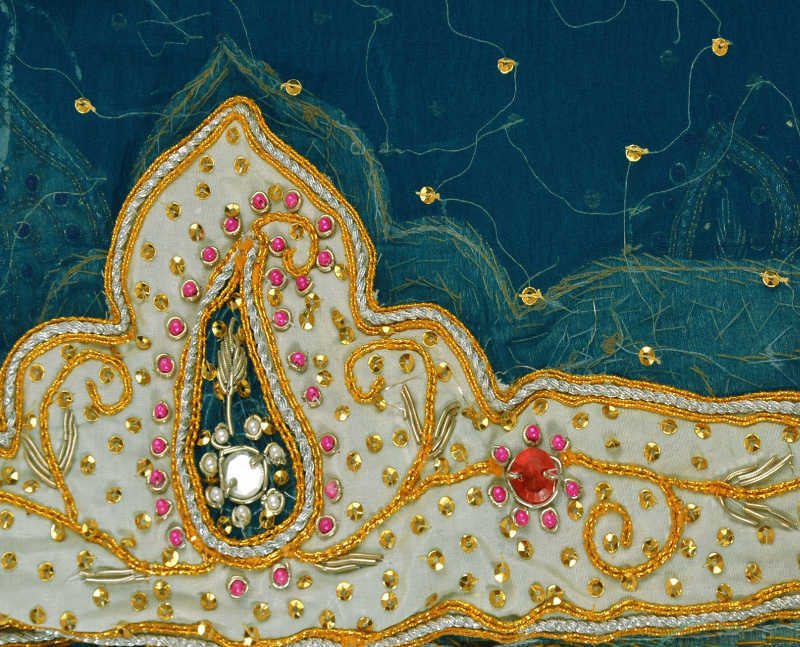===
0853,
4
===

=== |
 |
;Ganiimat : 'Plunder, spoil, booty; a prize; a boon, blessing, a God-send; a piece of good luck, good fortune; abundance; convenience; accommodation'. (Platts p.773)
;haamil : 'A bearer, carrier, porter; —adj. Pregnant'. (Platts p.474)
FWP:
SETS == IDIOMS
MOTIFS == NIGHT/DAY
NAMES
TERMS == THEMEA small personal anecdote: Many years ago I was with friends and we were in the process of formally inviting a distinguished person to do something. To do my share of cajoling, I said that his presence would be a ;Ganiimat for us. I was rather proud of that fine compliment, which also gave me a chance to show off my Urdu vocabulary. To my surprise, though, everybody fell silent for a moment in kind of a shocked way, and then there was a bit of nervous, uneasy laughter. Only later did I learn that ;Ganiimat is used idiomatically to mean something like 'as good as we're going to get', so that to call something a ;Ganiimat means, more or less, 'don't look a gift horse in the mouth'. Moral: Language learners, watch out for idioms! They can leap up anywhere, undetectably, and bite you on the-- posterior.
Note for grammar fans: We could also read the first part of the second line as 'How would the dawn know what would be?' But since there's an intimate imperative in the first line, to read the same subject in the second line gives more 'connection'.